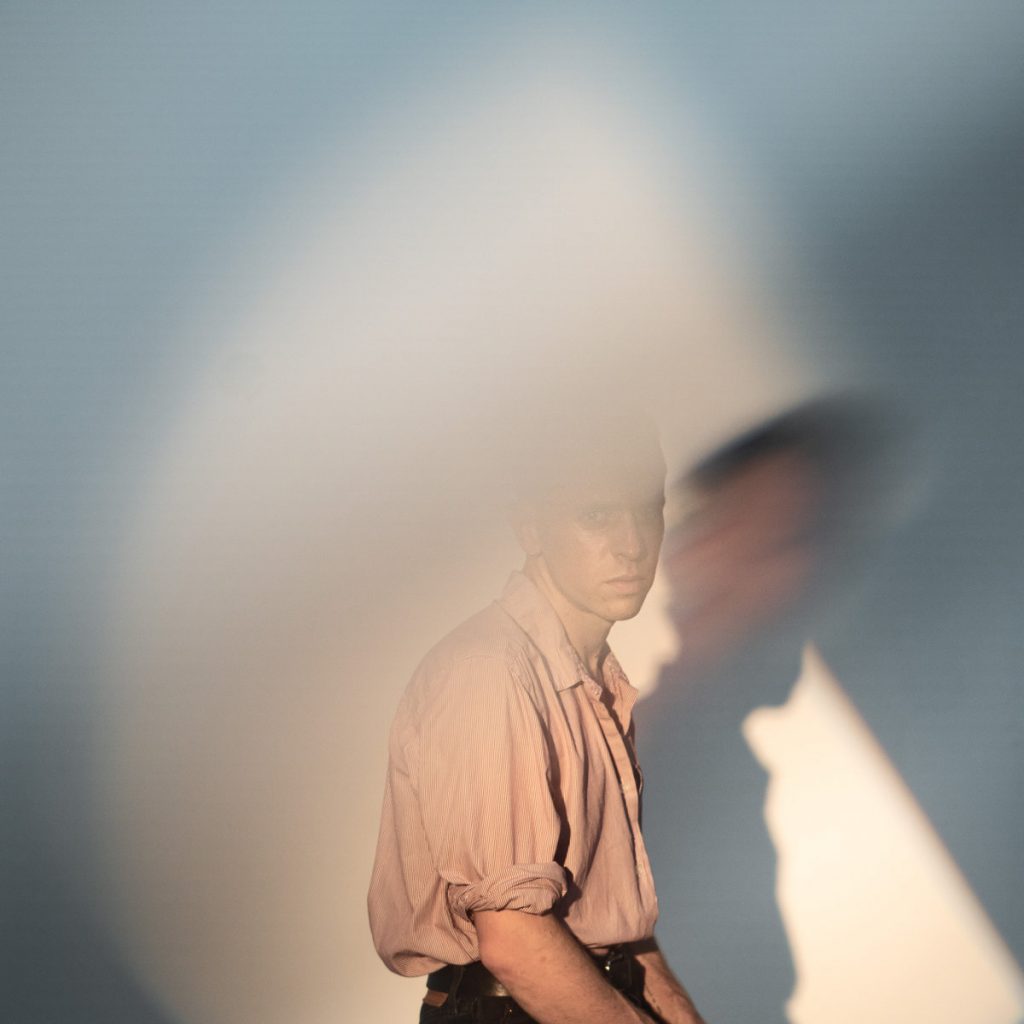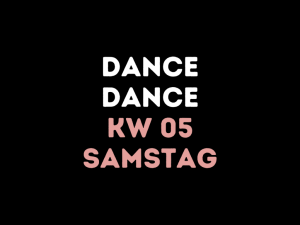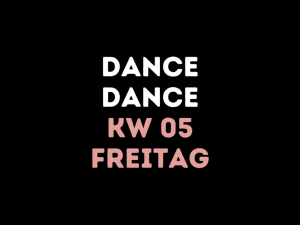
At the end of September, the Leipzig musician Afar Odea released his debut album. And the album is such a good, quiet grower between indie and electronic, pop and experimental that we took the time for a detailed review. Because this album also deserves time.
We may first need to start with a little meditation on the topic of creativity and time: Diamonds are created under pressure. With sentences like this, the stressed contemporary person tries to reclaim the mutually difficult relationship between creativity and time in the interest of the deadline, and in fact there is certainly a truth in it: the presence of deadline constraints alone forces the creative process to close streamline. There are not many preconfigurations in which this field of tension – always viewed with a critical distance, of course – does not emerge with merciless power, and a fairly obvious one is the “debut album” scenario. To put it bluntly: Nobody was waiting for this, nobody looks behind the artist's forehead and demands a debut album within the next six months. Or to put it another way: A debut per se is proof that the candidate can lead the creative process to a conclusion. No one cares about the length of the process. And sometimes, as with the debut album “You'll Be Better Soon” by the Leipzig artist Konrad Jackisch aka Afar Odea, the result sounds as if six years were just enough to transform the impulses of a mind overflowing with ideas into a creative one Condensing this effort into a volume that is suitable for the audience and practical use.
It's not actually difficult to argue with, but it's still not that easy to support this thesis with the material: Where should we actually start? It's easy, for example, to point out numerous intelligent and/or distorted quotes and homages. If you want, you can hear quotes and influences en masse in the songs on the album. Of course, the music is far too intelligent for mere epigones; it is more the creation of specific, familiar atmospheres (yes, in the plural – each song is a small universe of its own), which are created on the record with a very individual expression. It is perhaps a tangential realization that atmosphere works on its own, manifesting itself as emotional perception – although we may be trained to overvalue the forms of expression with which it is created. And at the same time it is pleasantly surprising to see that Afar Odea, with his means of musical expression, conveys atmospheres on the record that are strongly reminiscent of the role models of an entire generation. There is a very specific, dimmed down, but at the same time incredibly life-doubting energy that was first brought to perfection by Massive Attack in the nineties. What's really impressive is that this mood is created without copying.

Because Afar Odea expresses himself through the means of his artistic identity, which shows itself to be diverse, stylistically confident and with creative judgment. It shows itself most obviously, paradoxically perhaps also most naturally, in the voice. The first bars of the album introduce a beautiful pop voice – no corners, no edges; no characteristic technical inadequacies that could be interpreted as strengths. But also so self-assured and confident that she can afford this absence of imperfection without causing boredom. It's pretty simple: Afar Odea sings very, very well in most moments on the record, although in some arrangements his voice seems stronger than in others. But at its core it is pure pop.
The question of song structures is also interesting. The most exciting songs feel as if they came together organically because each idea, no matter how small or large, builds on each other and has very consciously evaded structure; never ideologically deconstructive, but always as a pragmatic, result-oriented decision. These songs are almost cinematic in their abundance. Other tracks follow more conventional patterns, these are the moments that perhaps don't astonish to the same extent – but even in those moments you notice: every bar was worked hard, and not for a moment does the album become arbitrary. Hardly any beat seems like filler, there is expression everywhere, there is ornament everywhere – very contemporary, very stylish. And despite all the tempo changes and all the reductions, every single track has enough life throughout so that there is never a threat of a drop in tension that would not suit the material.
The appeal of this record lies in the artist's class, sometimes it's so “easy” for us as consumers. And as a critic it is somehow cheap to keep criticism so close to the rumored artistic subject, to understand this incredible creative energy and expressiveness as the result of a process that was not driven by time pressure. And I'm actually almost sorry that this criticism focuses so much on basic aesthetic questions. But in the end, our main concern is to make a work of art recyclable in some way. Sometimes we have to go a long way and unpack the small and large stories of the world in order to create a background through references against which a work of art works. But it happens that works of art simply develop completely on their own, and in this sense develop a great appeal very immediately because, quite simply, they are simply really, really great. Afar Odea's debut is just such a work, one in which you can tell that the creative process behind it was extremely productive and was brought to form with exceptional style. Diamonds are created under pressure – but often not through time pressure, but through compression.
Source: https://www.frohfroh.de/43533/afar-odea-youll-be-better-soon


